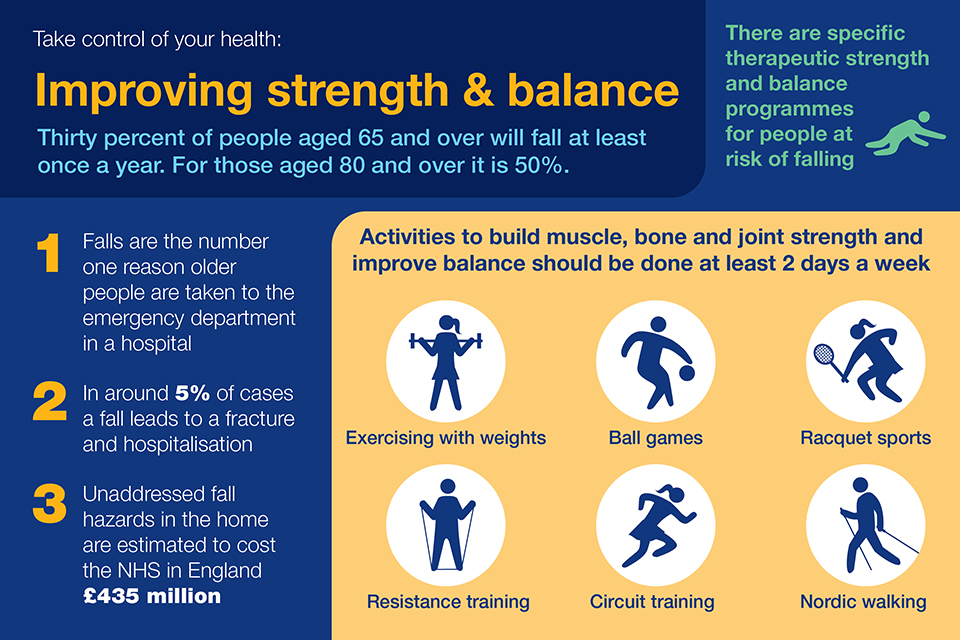8 Easy Facts About Dementia Fall Risk Shown
8 Easy Facts About Dementia Fall Risk Shown
Blog Article
Rumored Buzz on Dementia Fall Risk
Table of ContentsRumored Buzz on Dementia Fall RiskA Biased View of Dementia Fall RiskThe Ultimate Guide To Dementia Fall RiskDementia Fall Risk Can Be Fun For EveryoneThe Main Principles Of Dementia Fall Risk
The FRAT has three sections: fall risk status, danger factor list, and activity strategy. A Fall Threat Condition consists of information about background of recent falls, medications, mental and cognitive standing of the individual - Dementia Fall Risk.If the person ratings on a threat element, the corresponding number of points are counted to the client's fall risk rating in the box to the much. If an individual's fall risk rating amounts to 5 or greater, the individual is at high threat for falls. If the client scores only 4 factors or reduced, they are still at some threat of falling, and the registered nurse ought to utilize their finest professional analysis to handle all loss danger factors as component of an alternative treatment strategy.
These standard strategies, in general, aid establish a secure atmosphere that lowers unintentional drops and defines core preventative steps for all clients. Indications are vital for patients at threat for falls.
Not known Facts About Dementia Fall Risk
Wristbands should include the individual's last and first name, date of birth, and NHS number in the UK. Details ought to be printed/written in black against a white background. Just red color must be utilized to signal unique individual condition. These recommendations follow existing developments in person identification (Sevdalis et al., 2009).
Products that are too far might need the person to connect or ambulate needlessly and can possibly be a risk or add to falls. Aids prevent the patient from going out of bed with no help. Registered nurses reply to fallers' telephone call lights quicker than they do to lights started by non-fallers.
Visual impairment can considerably cause falls. Keeping the beds closer to the floor reduces the danger of drops and severe injury. Placing the cushion on the flooring substantially reduces loss danger in some health care setups.
9 Easy Facts About Dementia Fall Risk Shown
Patients who are tall and with weak leg muscle mass who attempt to rest on the bed from a standing placement are most likely to drop onto the bed due to the fact that it's also reduced for them to lower themselves safely. If a tall patient efforts to get up from a low bed without aid, the client is likely to drop back down onto the bed or miss the bed and fall onto the flooring.
They're Get More Information made to advertise prompt rescue, not to stop drops from bed. Audible alarm systems can likewise remind the individual not to rise alone. The usage of alarm systems can additionally be an alternative for physical restraints. Other than bed alarm systems, increased guidance for high-risk individuals additionally might assist stop drops.

Clients with an evasion gait boost fall chances significantly. To minimize loss risk, shoes must be with a little to no heel, thin soles with slip-resistant tread, and sustain the ankles. Advise client to make use of nonskid socks to protect against the feet from moving upon standing. However, motivate clients to wear ideal, well-fitting shoesnot nonskid socks for ambulation.
The Buzz on Dementia Fall Risk
Patients, particularly older grownups, have actually decreased visual capability. Lights an unknown setting assists enhance exposure if the person should obtain up at night. In a research, homes with ample lights record fewer drops (Ramulu et al., 2021). Renovation in lighting in your home might lower autumn rates in older grownups (Dementia Fall Risk). Using gait belts by all healthcare service providers can promote security when assisting individuals with transfers from bed to chair.

Caretakers are reliable for guaranteeing a safe, safeguarded, and risk-free atmosphere. Studies demonstrated very low-certainty proof that sitters decrease autumn threat in severe care hospitals and click to read more just moderate-certainty that options like video clip surveillance can minimize sitter use without raising fall danger, suggesting that caretakers are not as beneficial as originally believed (Greely et al., 2020).
Rumored Buzz on Dementia Fall Risk

Boosted physical conditioning lowers the risk for falls and limits injury that is suffered when loss takes place. Land and water-based exercise programs may be similarly beneficial on balance and gait and thereby reduce the threat for drops. Water exercise might contribute a positive advantage on balance and gait for women 65 years and older.
Chair Surge Workout is a basic sit-to-stand workout that aids enhance the muscles in the upper legs and butts and enhances movement and self-reliance. The goal is to do Chair Rise exercises without utilizing hands as the customer ends up being more powerful. See sources section for a detailed direction on just how to execute Chair Increase exercise.
Report this page